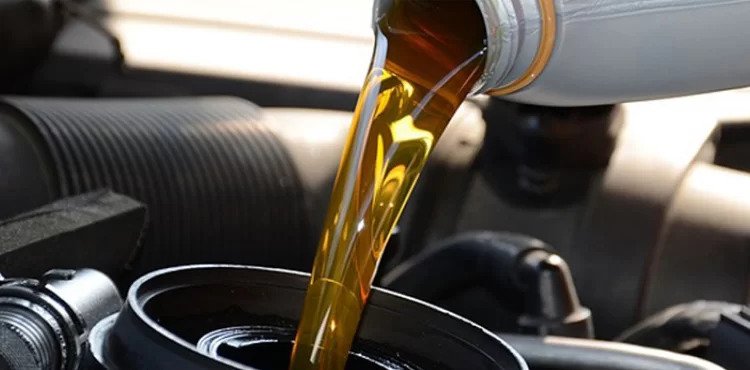Is it safe to mix oil during an oil change? If this is your question, then this is the most suitable place to find credible answers. This is because Valvoline Brampton includes professionally trained technicians who can assist you, as a motorist, to understand which motor oil is appropriate to use on your vehicle.
Without further ado, let’s get right into it.
Mixing Synthetic and Regular Oil
Although mixing these oils regularly is not advised, it is still possible to mix them whenever you desire to top it off until you check in for your scheduled maintenance.
It is also perceived that mixing motor oil will not harm your engine as long as the weight or viscosity is recommended in the manual.
Disadvantages Of Mixing Motor Oil
Unfortunately, mixing regular oil with a synthetic one is considered a short-term fix, in case you have to top off the oil to keep moving. Moreover, synthetic oils are costly, and mixing them with regular oil may result in a loss of money as the oil’s functions are diluted.
For a better understanding, you need to ask yourself this question – how does motor oil work?
Motor oil is designed to decrease friction and avoid overheating of various components. This happens when the oil goes around the motor, thereby lubricating any moving areas. Valvoline allows the motor to work smoothly, and the oil will filter out and eradicate contaminants and deposits.
Therefore, adding regular oil to synthetic oil consistently may dilute its benefits, thus resulting in engine failure.
The Basic Types Of Motor Oil
According to Valvoline Brampton, motor oils are divided into four main categories. Check them out below:
- Conventional or Regular Oil
Being cheaper than synthetic oil by 10%, this motor is perfect for people with low budgets. Moreover, it is perfect for older cars with less than 75,000 miles or vehicles with simple designs of the engine.
- Synthetic Oil
Synthetic oil is more complex than regular oil, mainly because it is chemically modified to form uniform shapes and sizes of the existing molecules. Moreover, since synthetic oil is created with additives to encourage use in extreme temperatures, it is suitable to replace it with petroleum-refined oils.
- High-Mileage Oil
Any vehicle with 75,000+ miles is ideal for using this oil since it helps decrease leakage and overheating.
- Synthetic Blend Motor Oil
This is a blend of synthetic and regular oils, which is oxidation-resistant and suitable for use during wet or cold conditions.
Now that you understand the basic types of motor oils, it is clear that making a mixture of them will not increase the engine’s efficiency or accomplishments, and the same theory applies to the performance of the oil.
Switching and Mixing Motor Oils
It is also possible to mix oil brands without bringing destruction to your engine as long as the weight or viscosity is highlighted in the manual.
Furthermore, you can also replace the use of regular oil with synthetic oil without having to mix them. Again, ensure you use the recommended weight or viscosity in the manual. But if you do not have access to your manual, you can always ask for assistance from Valvolive Brampton.
In addition, to help maintain safety, you can acquire more information from a skilled technician before changing the oil. Some of the information will help you to:
- Safely remove and eradicate old oil.
- Ensure you replace the oil with the right one.
- Safely eradicate a dirty or contaminated oil filter before applying a new and clean one.
- Use essential fluids like washer fluid, transmission, and more.
- Vacuum the inside of your vehicle and cleanse the exterior windows.
Conclusion
Even if it is possible to mix motor oil, it is recommended not to become habituated to it. Moreover, when you choose to use synthetic oil alone, it is believed that you may never go back and may later cause issues in case your budget decreases.


